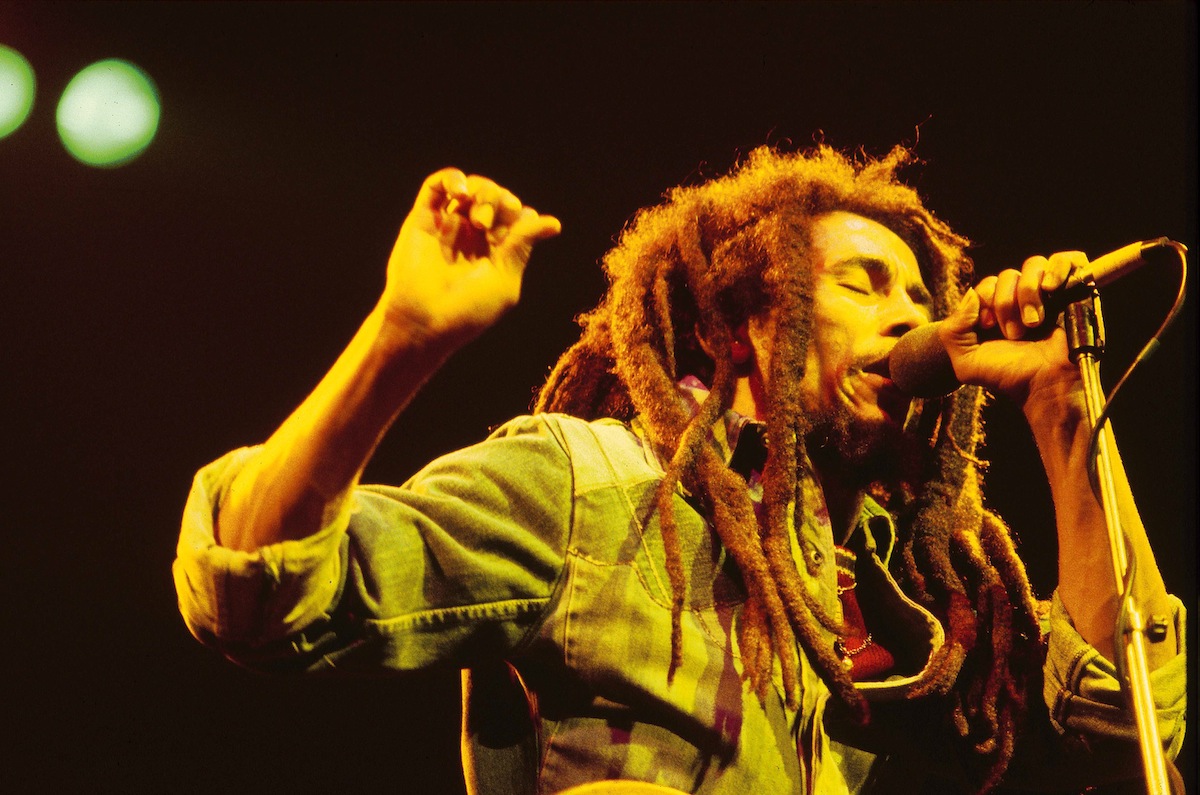
For a while during the 1960s, Bob Marley wasn’t the man you think of when you hear that name. Jamaica’s best-known native son was living in what is quite possibly the lush island nation’s antithesis: Wilmington, Del. The singer wasn’t singing; he was working in an auto plant, as TIME later described. And to make the identify overhaul complete, he even shed his name. He went, instead, by Donald.
He soon dropped the disguise and returned to his homeland and his true loves, Rastafarianism and reggae, cementing his status as what TIME called “the first superstar from the Third World,” with a voice that “sounded like sugarcane but cut like a switchblade.” By the time Marley played his final concert in Pittsburgh, Penn., on this day, Sept. 23, 35 years ago, his image was well established, all traces of “Donald” left behind.
He was also already suffering from cancer that had begun as melanoma in his toe and then spread throughout his body; it killed him the following year.
Though he died less than a year after that Pittsburgh concert, his image lives on today. Last year, he was ranked fifth on Forbes’ list of top-earning dead celebrities, thanks to licensing agreements that plastered his face on posters, apparel and accessories. Bob Marley has become a brand, spawning a variety of tributes that pay homage to — and capitalize on — the reggae icon’s legacy. A few of the most notable:
Marley Coffee (motto: Stir it up): A “sustainably grown, ethically farmed, and artisan roasted” coffee company founded by Marley’s son Rohan Marley. Its webpage notes, “Bob Marley always said he would return to farming one day. … Rohan fulfills the dream.”
Marley Apparel: Launched this year by Marley’s oldest daughter, Cedella Marley, who in 2012 designed the Olympic costumes for Jamaica’s track and field team. The retro clothing line is a “refined utilitarian collection [that] embodies Marley’s passion for life in the studio and on the soccer field,” per the company’s website.
Marley Marijuana: Officially branded “Marley Natural,” the proprietary pot blend comprises “‘heirloom Jamaican cannabis strains,’ the very same pot Marley himself is said to have enjoyed,” per TIME. According to the CEO of Privateer Holdings, the pot-focused private equity firm that partnered with Marley’s family on the launch, the Marley brand “has the potential to the be the Starbucks of weed.”
And it’s not just physical objects. The Bob Marley Museum occupies Marley’s former home in Kingston. President Obama paid a visit earlier this year on what was the first trip to Jamaica by a U.S. president since 1982. Here, tourists can commune with a 3-D hologram of the performer and survey his personal treasures—his clothing, Land Rover, and a wall covered with Gold and Platinum records. Obama, it turns out, is a Marley collector himself. “I still have all the albums,” he remarked during the tour.
Read more about Bob Marley, here in TIME’s archives: Remembering Bob Marley
Musicians on the Cover of TIME

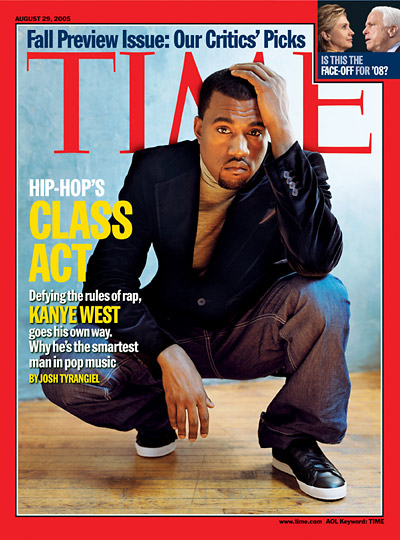
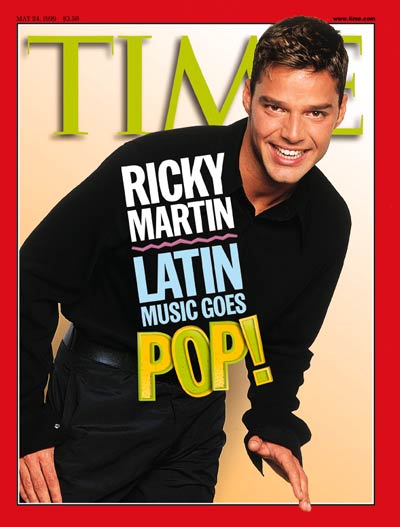
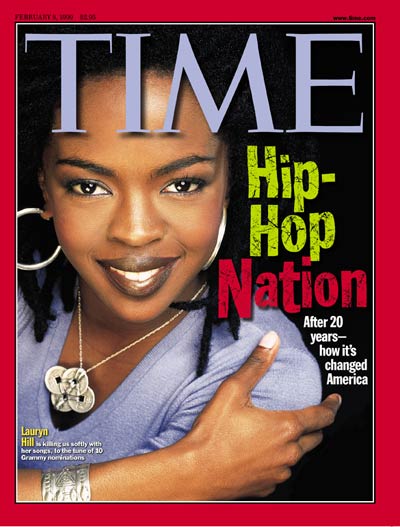
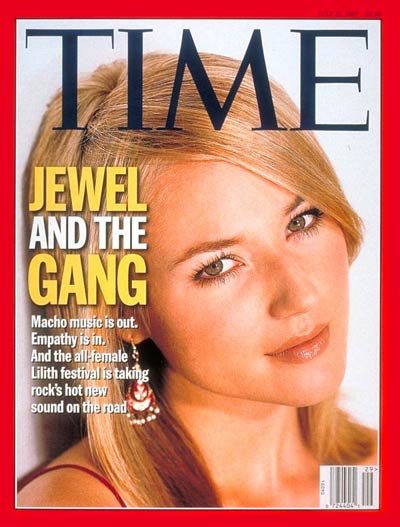
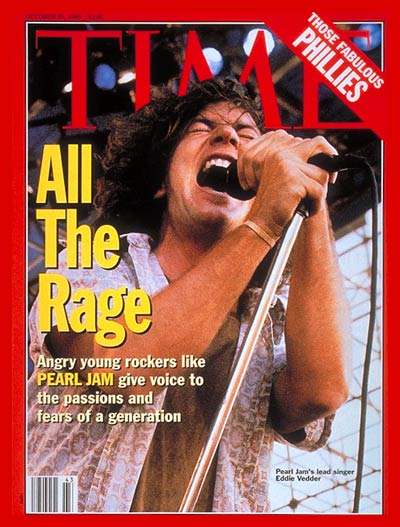
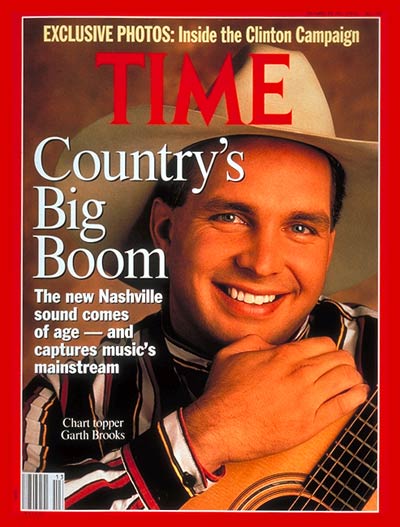
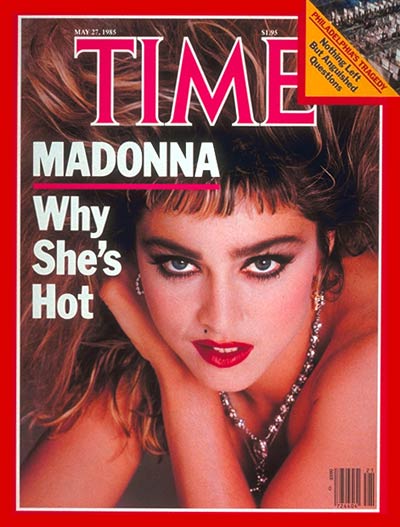
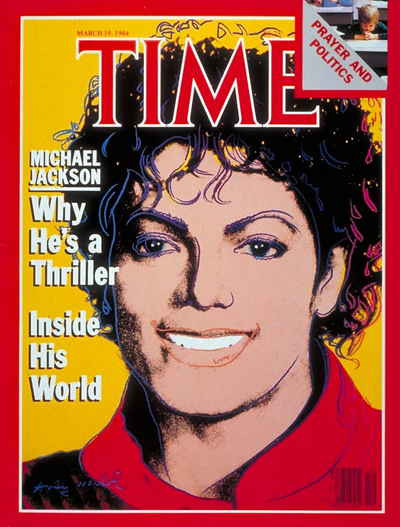
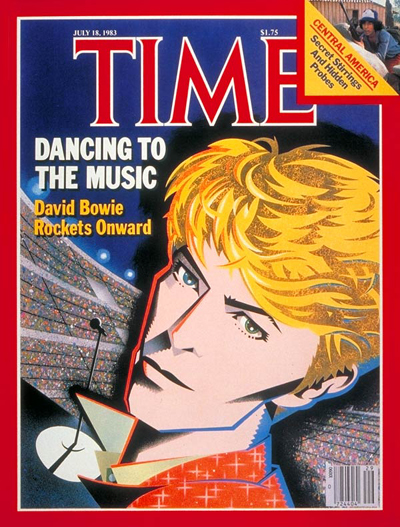
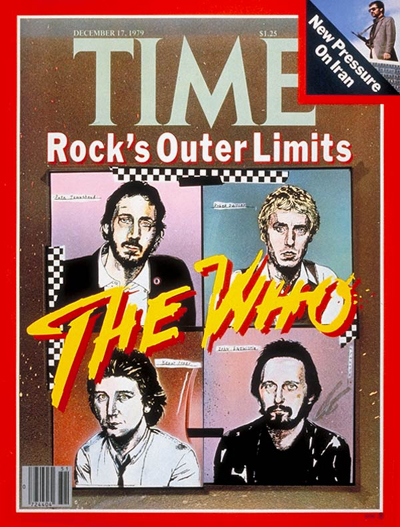
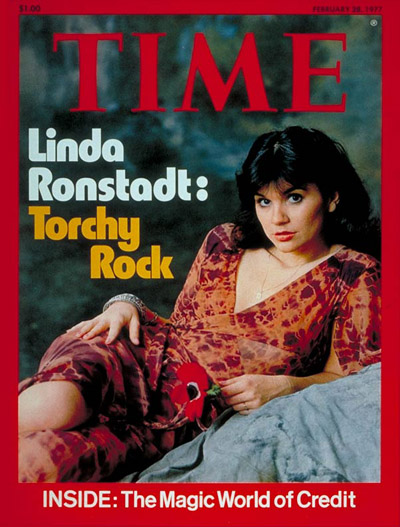
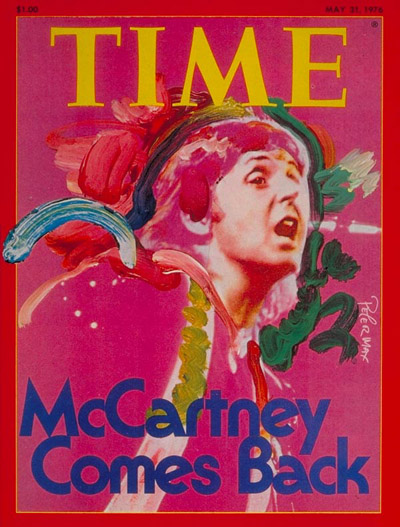
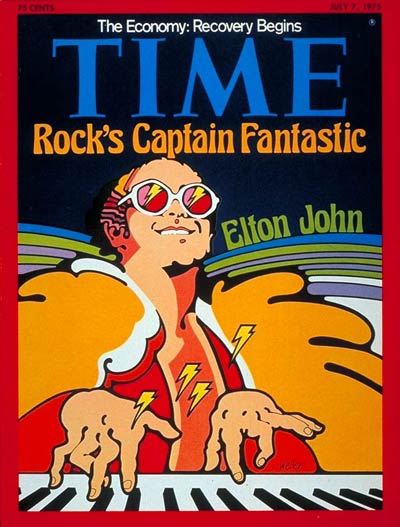
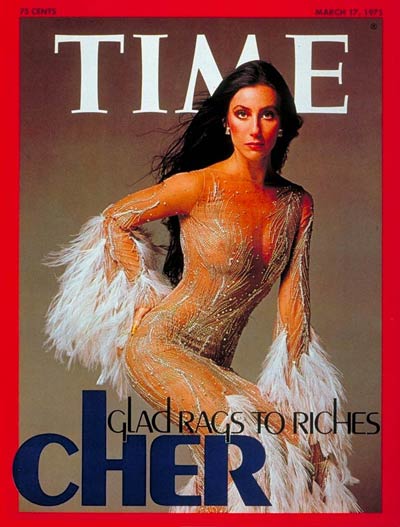

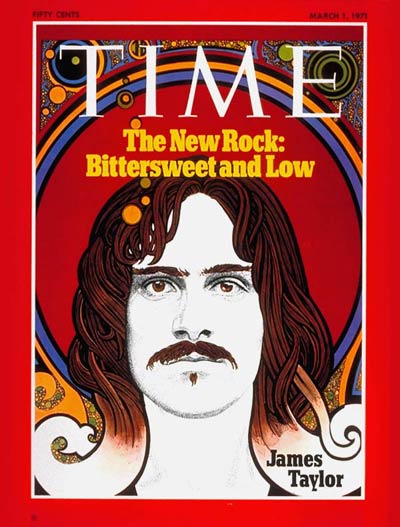
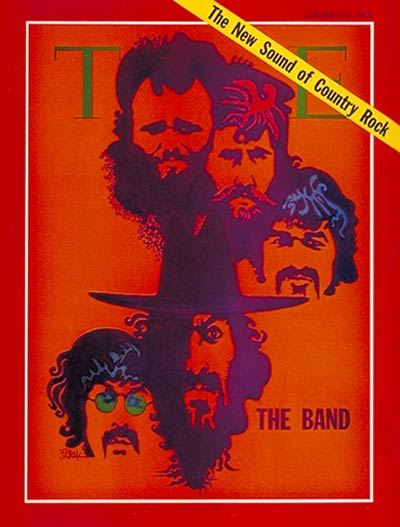
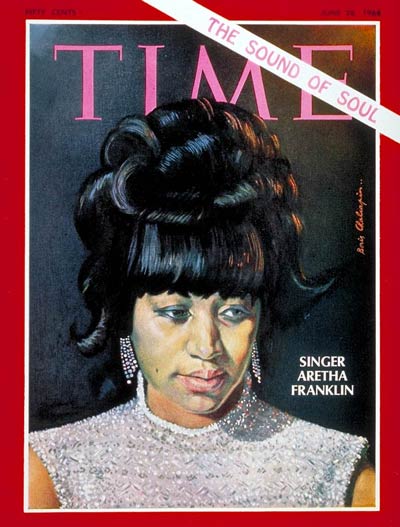
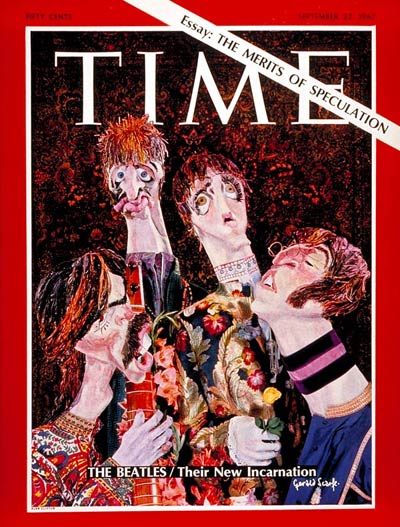
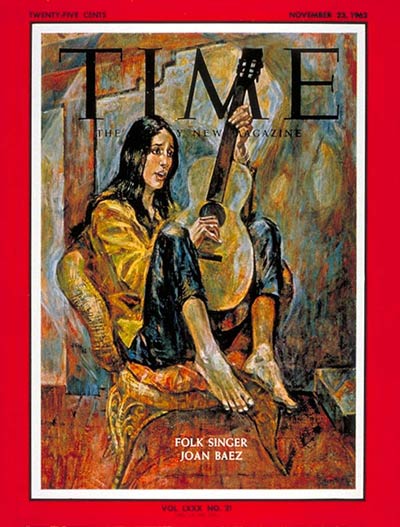
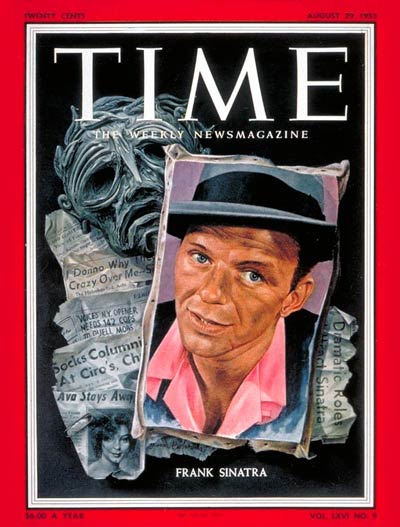
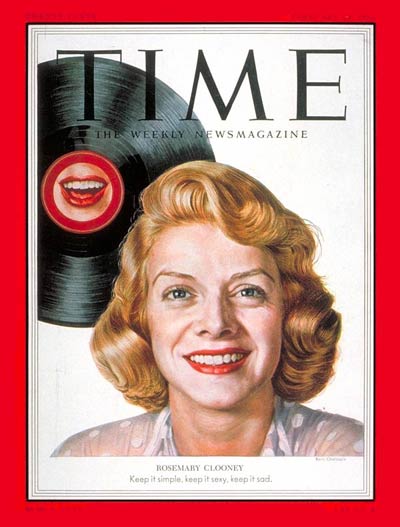
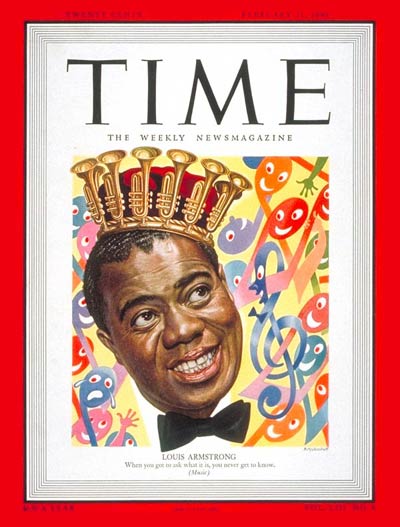
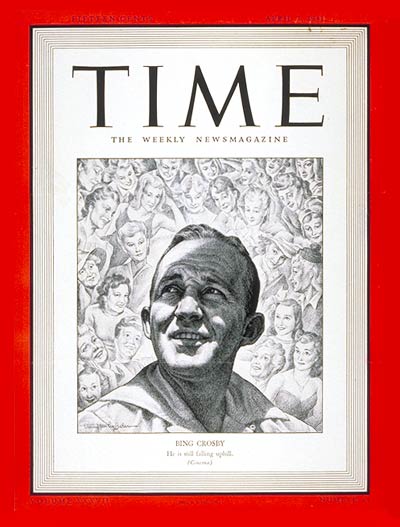
More Must-Reads from TIME
- Cybersecurity Experts Are Sounding the Alarm on DOGE
- Meet the 2025 Women of the Year
- The Harsh Truth About Disability Inclusion
- Why Do More Young Adults Have Cancer?
- Colman Domingo Leads With Radical Love
- How to Get Better at Doing Things Alone
- Michelle Zauner Stares Down the Darkness
Contact us at letters@time.com